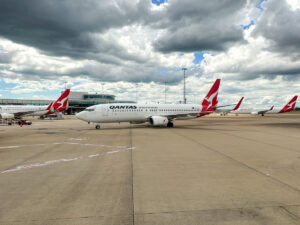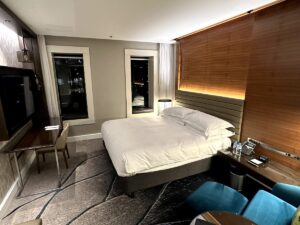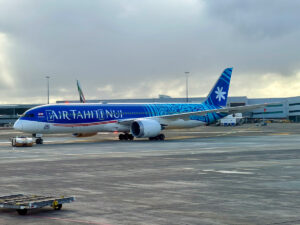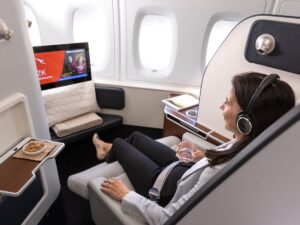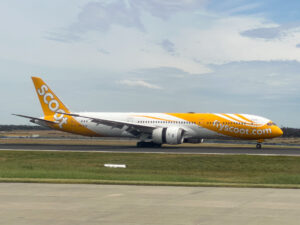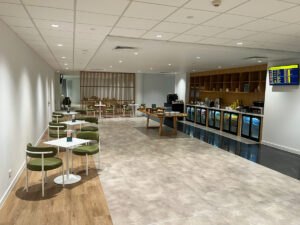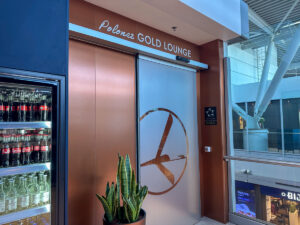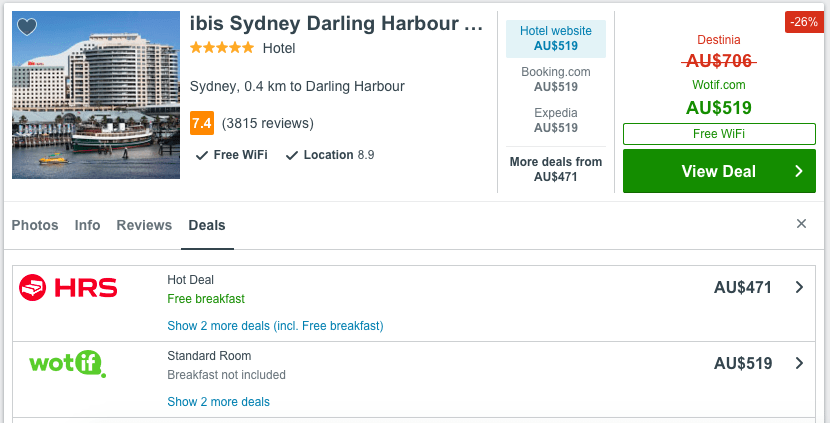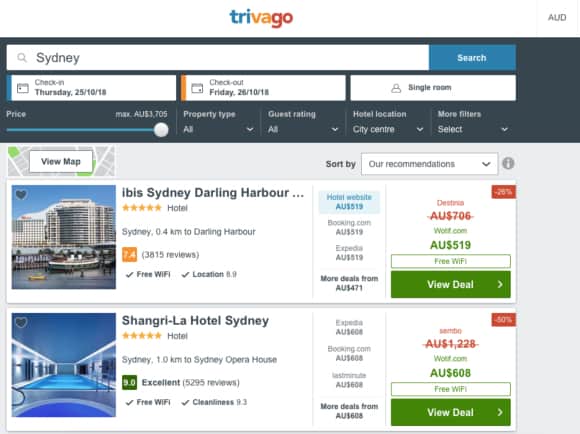
The ACCC is suing hotel booking website Trivago in the Federal Court for misleading advertising. It alleges that Trivago misleads customers into believing they are getting the best hotel price when this is not always the case.
Trivago, which is owned by Expedia, is an aggregator website that compares the cost of hotel rooms on different booking websites. Customers can search for hotels on Trivago, then click through to a third-party website to complete the booking. While the website is a useful tool for comparing hotel prices, the ACCC rightly points out several flaws that consumers should be wary of.
The highlighted price is not always the lowest price
ACCC chair Rod Simms claims that while the highlighted price on Trivago may appear to be the lowest price, this is not always the case. “Trivago based its rankings on the highest cost per click it would receive from its advertisers,” Simms said.
In one example we found, the highlighted price was $519. But the same room was available on another website for $471. You would need to click on “More deals from AU$471” to bring up the drop-down box as shown below:
It’s also worth nothing that Trivago does not compare every booking website. (Trivago does not claim that it does.) The websites that appear in search results generally have a commercial agreement with Trivago. This not unique to Trivago. Indeed, the business model of most aggregator websites is to earn a small commission when a customer clicks through to the third-party website.
When searching for hotels on any aggregator website, it’s always a good idea to check the price displayed for the same room on the hotel’s own website. Not only will it sometimes be cheaper, but you usually won’t receive hotel loyalty points or status benefits when booking hotels via third-party websites.
Trivago’s discounts are misleading
The ACCC also alleges that the discounts displayed on the Trivago website are misleading because they do not compare equivalent room types. In this example, Trivago shows that customers are getting a 78% discount at a Sydney hostel:
However, the $32 room is vastly different from the room advertised for $150 at the same hostel. This is the $32 room:
And here is the $150 room:
The hostel’s own website is advertising the 10-share room for $34.20 – so Trivago’s discount for that room is really closer to 6% than 78%.
Other problems with hotel aggregator websites
One AFF member points out that some aggregator websites display prices that don’t include taxes or other mandatory fees.
Another member believes aggregator websites would be more useful if they took into account discount codes and deals such as the “stay 10 nights, get 1 night free” offer from Hotels.com.
It’s a nice idea for a business but ultimately useless for getting the lowest priced rooms. If only it can take into account discount codes and loyalty programs eg. stay 10 get 1 free at hotels.com, 16% off code at cheaptickets, 12% off using an amex at agoda, 12% off using a mastercard at expedia, etc.
Join the discussion on the Australian Frequent Flyer forum: Trivago in trouble



